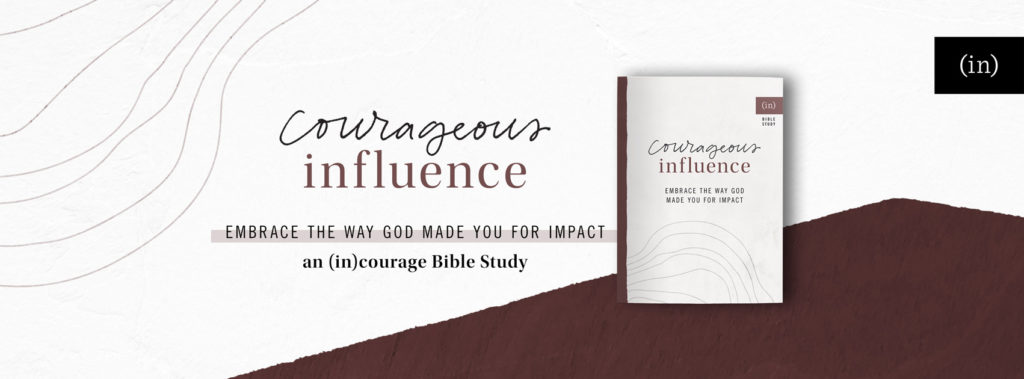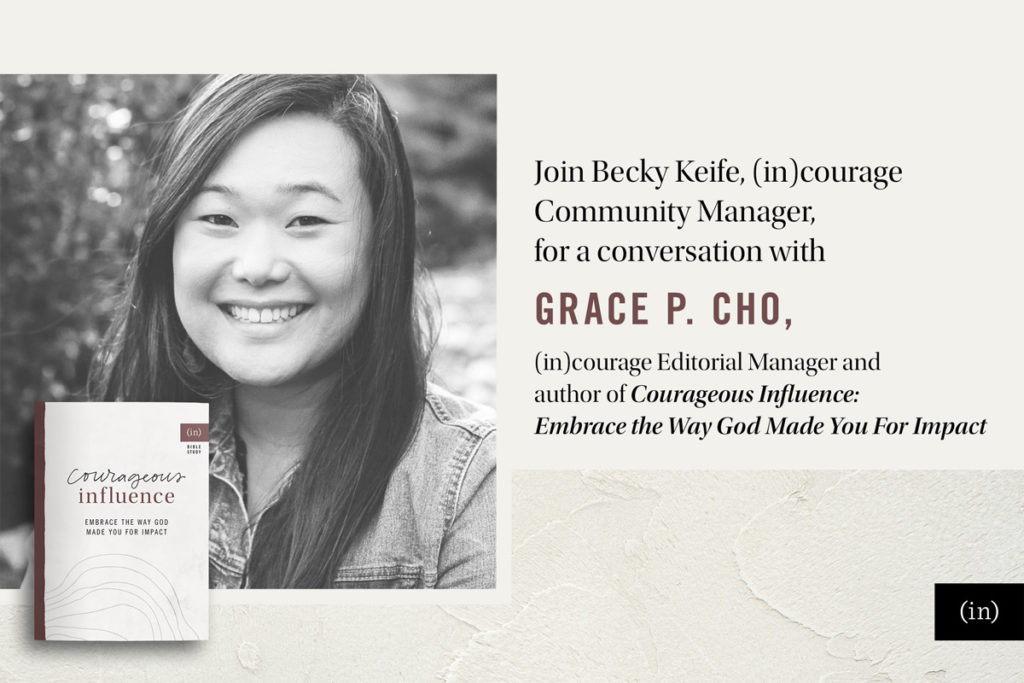I was in the middle of a Zoom meeting when all of a sudden I could feel the anger rising. We were having an informal brainstorming session and sharing ideas as a group, but after I shared my idea, another person immediately shot it down. Not only that, but they said some words about my mental and emotional state as the reason for rejecting my suggestion. Their words were hurtful and piercing, and I immediately assumed the worst about this person. What a jerk, I thought. They’re probably attempting some power play here too. Ignorant. Stubborn. Mean. There were a lot of adjectives swirling in my mind about this person at the moment, and they were not all godly.
By God’s grace, though, I held my tongue. My mind was racing and, though the conversation was moving on, I tried to stop and pray, Holy Spirit, I am angry. What do I do?
It was nothing but providence that allowed Philippians 2:3-4 to come to mind: “Do nothing out of selfish ambition or vain conceit. Rather, in humility value others above yourselves, not looking to your own interests, but each of you to the interests of others.” As these words repeated themselves in my head, I began to think, What if this person is just saying what they think is best? What they said wasn’t that great, but they’re probably saying what they think is right.
Slowly my perspective began to change. I wasn’t taking the situation as personally anymore. I was trying hard to not make this person’s words all about myself and how they were trying to hurt me. Instead, I wanted to value them and consider their interests above my own: What do I know of this person? What do they think is important? Why did they respond the way they did, and what underlying factors are at work?
Because each of us have experienced hurt and trauma, it can be all too easy to overlay our past experiences onto present realities. We can often ascribe motive to folks and assume we know why they did what they did. But that is not a posture of grace. People can often come across as harsh when they drop a sentence without explanation. But before getting mad, we can say to ourselves, “This person is probably saying what they think is best,” and then give them the opportunity to explain themselves. Instead of assuming what a person’s motives are, we can keep an open heart and mind and ask God to help us understand that person better. Instead of immediately labeling someone as cruel or a jerk and dismissing them, we can humbly challenge ourselves to care for that person and seek what’s best for them.
In other words, when someone is a jerk to us, we can respond with a posture of grace. People don’t know what they don’t know. We can’t control their words and actions, but we can challenge ourselves to gather all the information, have the conversations, and better understand what is motivating the other person.
Undoubtedly, there is a difference between giving someone the benefit of the doubt and showing grace. I give the benefit of the doubt to my most intimate relations — my spouse, my family, and closest friends. With them I say, “These people love me, and I’m probably misunderstanding them.” When we don’t know someone well and don’t know understand why they said what they did, we can show grace by being willing to find out more.
I still thought what that person said in the Zoom meeting was insensitive, and I felt I needed to address those comments. However, I wasn’t angry anymore. My heart wasn’t pounding and about to jump out of my chest. Instead, I felt calm. I looked at this person on my screen with a sincere desire to connect with them, encourage them, and help them understand where I was coming from.
So, I cleared my throat and said, “Excuse me. Sorry to interrupt. I’d like to say a few words.”
What followed were some brief simple sentences. “I want to go back to something you just said. It didn’t sit right with me and here’s why.” I explained my point of view briefly, calmly, and then said, “I’d like to better understand your reasoning. Can you share more of your thoughts?” The person I engaged with didn’t feel attacked (thank the Lord). In fact, they welcomed the opportunity to clarify their earlier words and even apologized for coming off so strong the first time.
Let’s ask God to help us not assume the worst of people. We can keep showing grace, even when others don’t show grace to us. Let’s value people, show them understanding, and maybe, just maybe, we’ll be able to connect with others in a way we didn’t think was possible.


 DaySpring’s Illustrating Bibles are specifically designed to inspire the Bible journaler’s heart. In this new
DaySpring’s Illustrating Bibles are specifically designed to inspire the Bible journaler’s heart. In this new 

